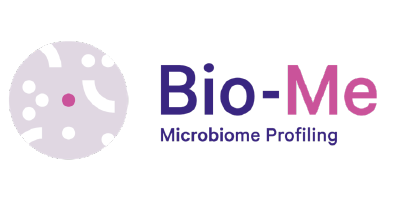
28 Jun Bio-Me granted public funding to become part of ground-breaking research on long-term effects of COVID-19 in adolescents and young adults
Bio-Me and Akershus University Hospital (Ahus) aim to explore gut microbiome profiles linked to long-term effects of COVID-19 infections, especially related to chronic fatigue syndrome (CFS).
Oslo, NORWAY. March 24th, 2021
In an important landmark study of the long-term effects of COVID-19 in adolescents and young adults (LoTECA), Akerhus University Hospital (Ahus) and Bio-Me are collaborating in investigating the involvement of the microbiome in such long-term effects. Based on several international studies, it is possible that the intestinal microbiota could be disturbed for a long time in pediatric COVID-19.
Most recently, Bio-Me was awarded a grant from Oslo Municipality to cover the costs of analysis of the fecal samples from the approximately 500 SARS-CoV-2 positive adolescents who will be included in the study, together with 100 controls.
«Findings from this project may identify factors important for disease severity», comments Dr. Christine Olbjørn, a pediatric gastroenterologist and lead investigator in this sub-project of LoTECA. «I am pleased that Bio-Me with their Precision Microbiome Profiling PMP™ technology can be part of this project. The project is engaging professionals of multiple disciplines through pediatricians, experts in infectious disease, microbiologists, geneticists, and private enterprises, and will create avenues for further research into other disease states where the gut microbiota is important.», continues Dr. Olbjørn.
Project leader for LoTECA and head of the PAEDIA research group at Ahus Prof. Vegard Wyller comments: “The primary objective in this sub-study will be to identify gut bacteria involved and altered in COVID-19. Moreover, we will try to identify factors (such as clinical, genetic, microbiological, immunological, and psychosocial) that are important for a severe disease course and long-term complications.”
Most previous publications on microbiome contribution to the severity of COVID-19 symptoms have focused on 16S amplicon sequencing technologies, giving rise to genus-level resolution. With Bio-Me’s PMP™ platform, fecal microbiota profiles are explored at species-level resolution which gives more specific results. It is a validated test, with translational value, with user properties not restricted to research and basic science but with great clinical potential. It is rapid, cheap, reproducible, and easily obtainable, with the potential for diagnostic as well as prognostic use.
